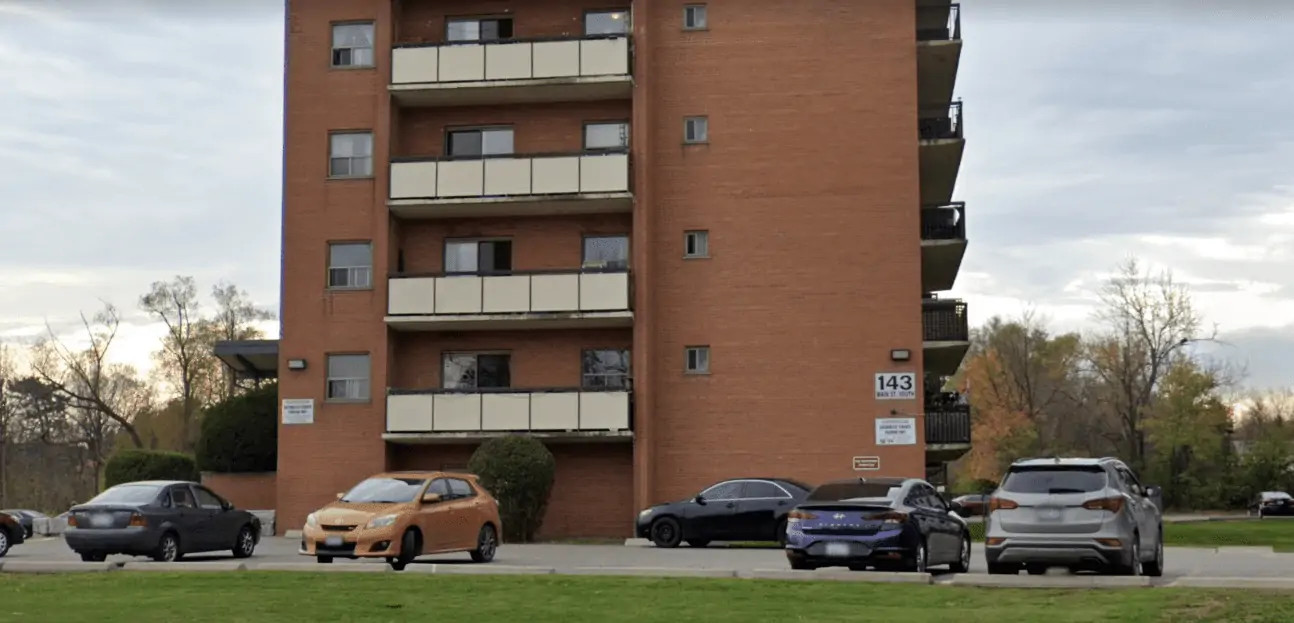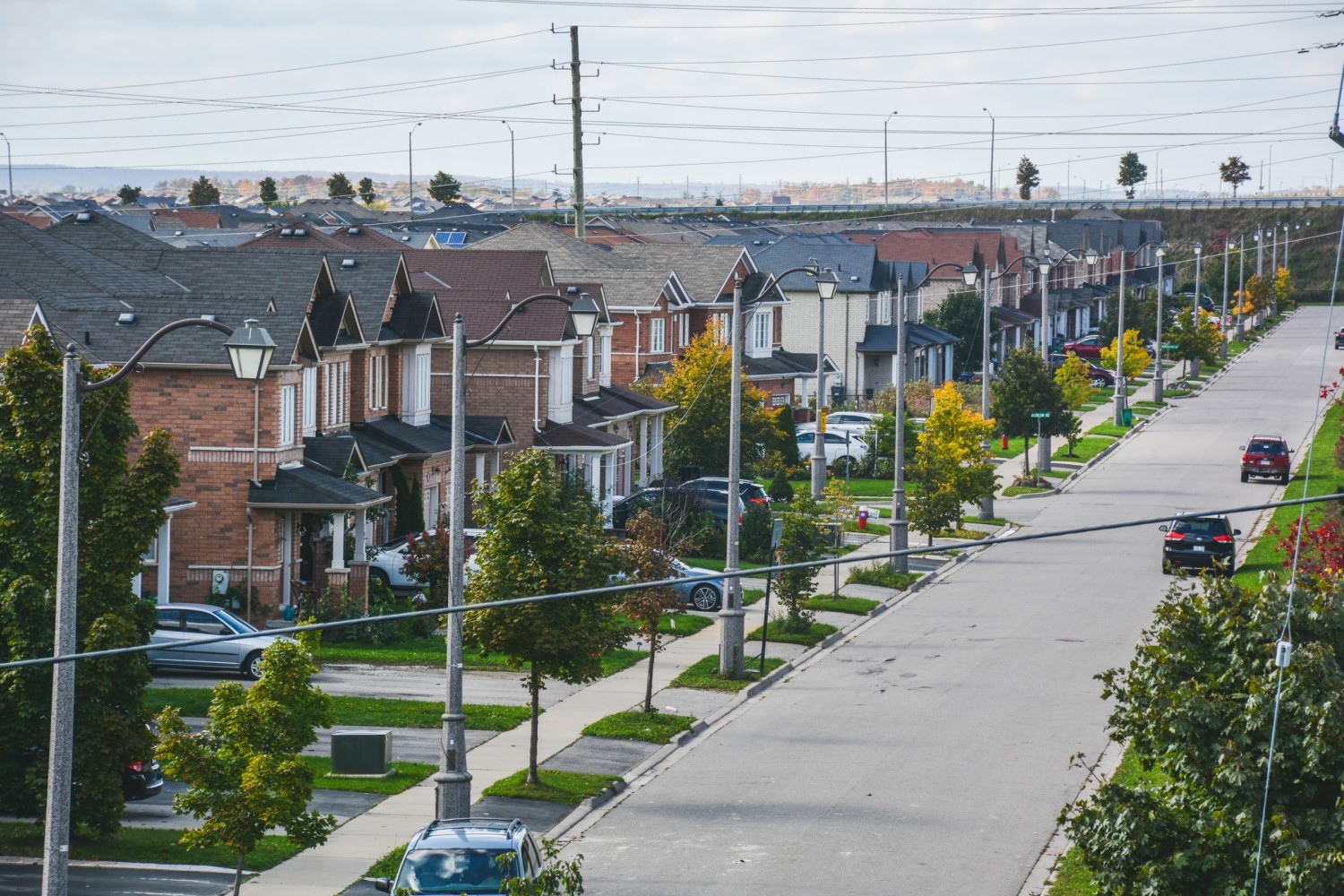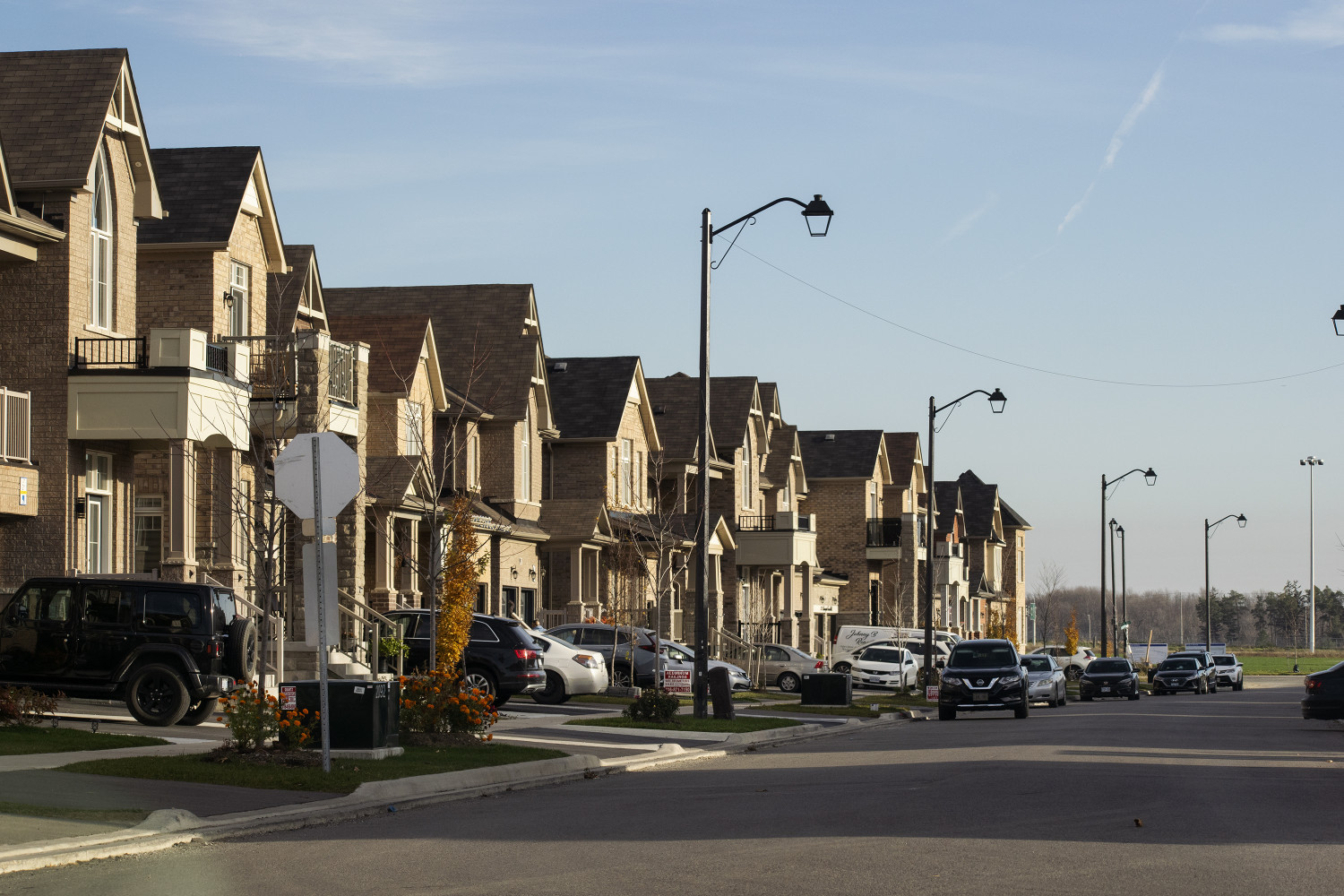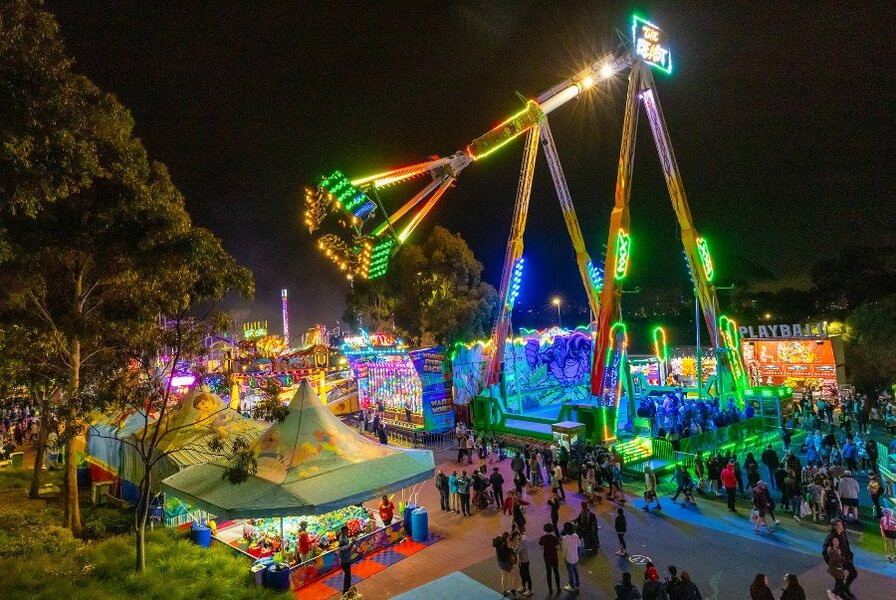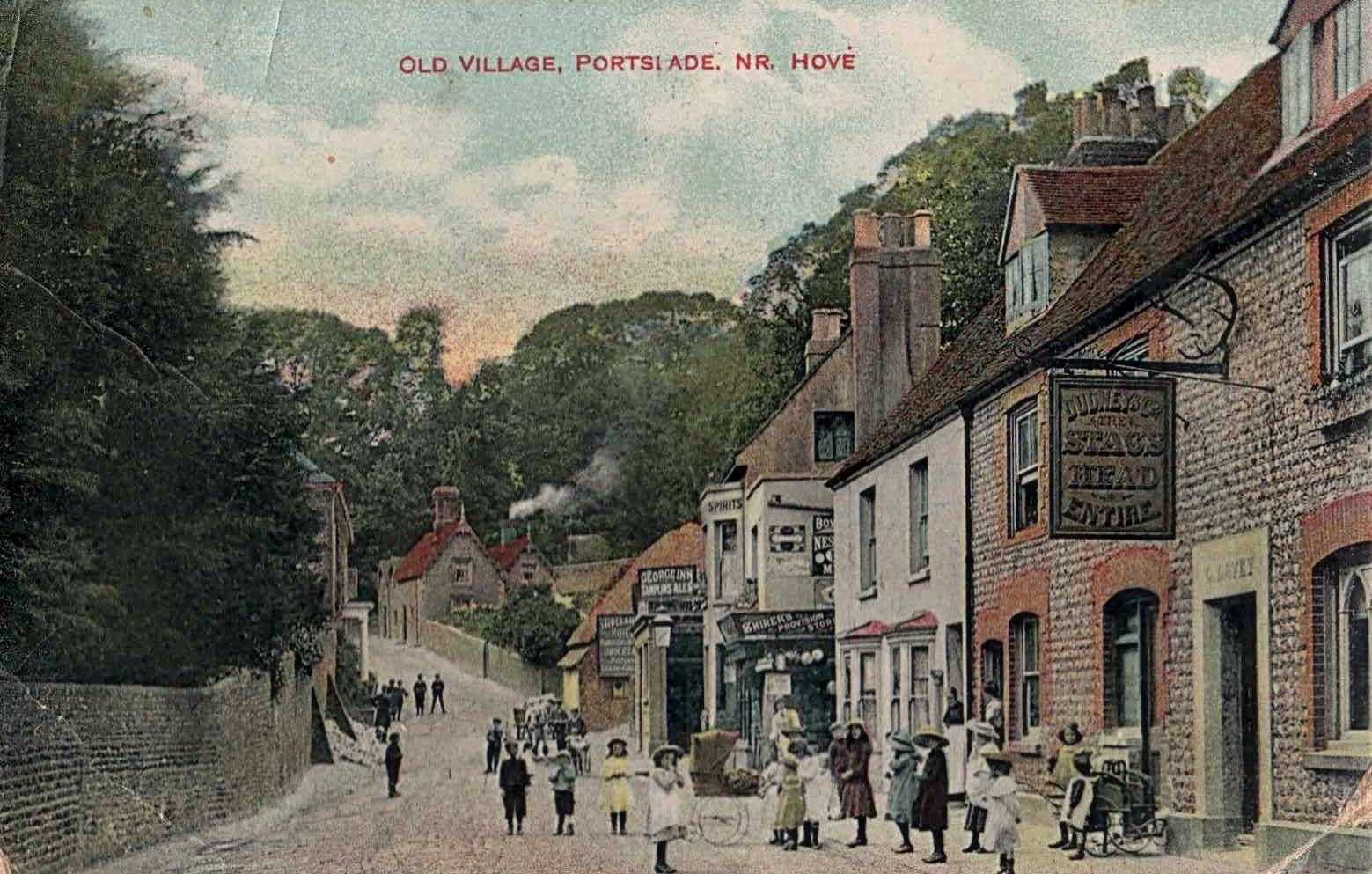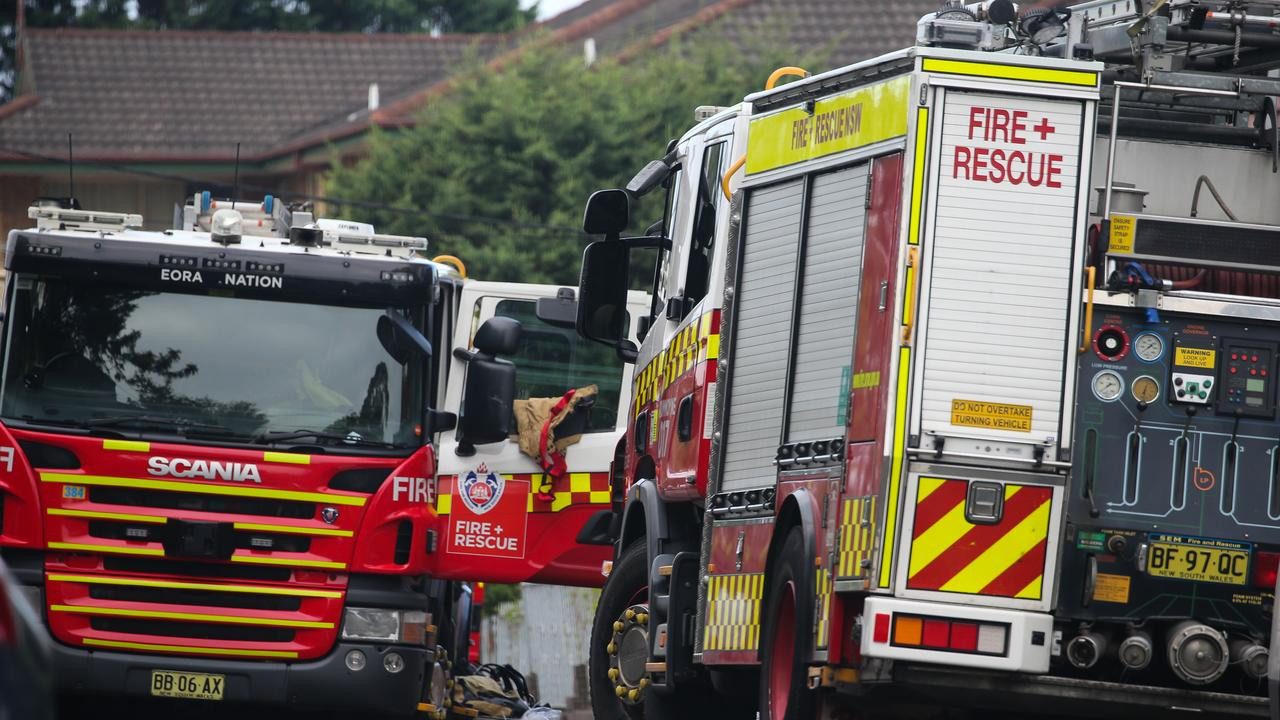There are only a few weeks left before some landlords could get fined in Brampton and some are still protesting as the city prepares to share details on the first six months of its controversial rental licensing program.
Brampton’s Residential Rental Licensing pilot program has seen ongoing protests by local landlords opposed to the project which requires many landlords in Wards 1, 3, 4, 5 and 7 to register with the city.
The city waived the initial $300 annual fee and then offered a discounted rate of $150 for a limited time, but as of Oct. 1 any rental property owner with up to four residential units can be fined $600.
Those fines could climb up to $1,200 if not registered.
The Deadline for Registration
The city has been trying to convince landlords to register, and there are only a few weeks left before the fines start being issued. As of Oct. 1, any landlord who has not registered will be subject to a fine of $600 for the first offense. That fine could climb up to $1,200 for repeat offenses.
Concerns About Slumlord Squalor
Some landlords opposed to the new rules have held weekly protests in Brampton, and recently joined in marching with a group calling for extended post-graduation work permits for some 70,000 international students in Canada and temporary foreign workers who are facing deportation.
Brampton City Councillor for Wards 3 and 4 Dennis Keenan says he’s been the target of some of the protesters and has put forward a plan for the city to pause construction on all basement suites and additional rental units until next year.
Keenan proposed the move after seeing multiple cases of what he called “slumlord squalor” in the city.
The City's Response
Brampton Mayor Patrick Brown and members of the city’s Rental Licensing Task Force are expected to give an update next week on how the first six months of the program have gone.
Nearly 2,000 registration were received from property owners in the pilot areas as of July, the city said. The program was introduced as a way to hold both tenants and landlords responsible for issues like property standards concerns and rental unit safety. Brown has said there are an estimated 16,000 unregistered rental units in Brampton and at least four people have died in illegal suites during his time as mayor.
Arguments for the Program
The city argues that the program is necessary to ensure the safety of tenants and to improve the quality of rental housing in Brampton. The program also aims to crack down on illegal rental units, which are often unsafe and overcrowded.
The program has been met with opposition from some landlords who argue that it is an unnecessary burden and that it will drive up rents. However, the city maintains that the program is necessary to protect tenants and to ensure that rental units meet minimum safety standards.
The Future of the Program
The city is expected to review the program after the first six months and to decide whether to continue it. It is possible that the program could be expanded to include other areas of the city if it is successful in the pilot area. The city is committed to ensuring that landlords are aware of the program and that they have the opportunity to register. The deadline for registration is Oct. 1, so landlords who have not yet registered should do so as soon as possible to avoid fines.
Conclusion: Brampton’s Rental Licensing Program: A Balancing Act
The Brampton rental licensing program is a complex issue with strong arguments on both sides. The city is aiming to protect tenants and improve the quality of rental housing, while landlords are concerned about the added costs and regulations. The next few months will be crucial in determining the future of the program and how it will impact the city’s rental market.




